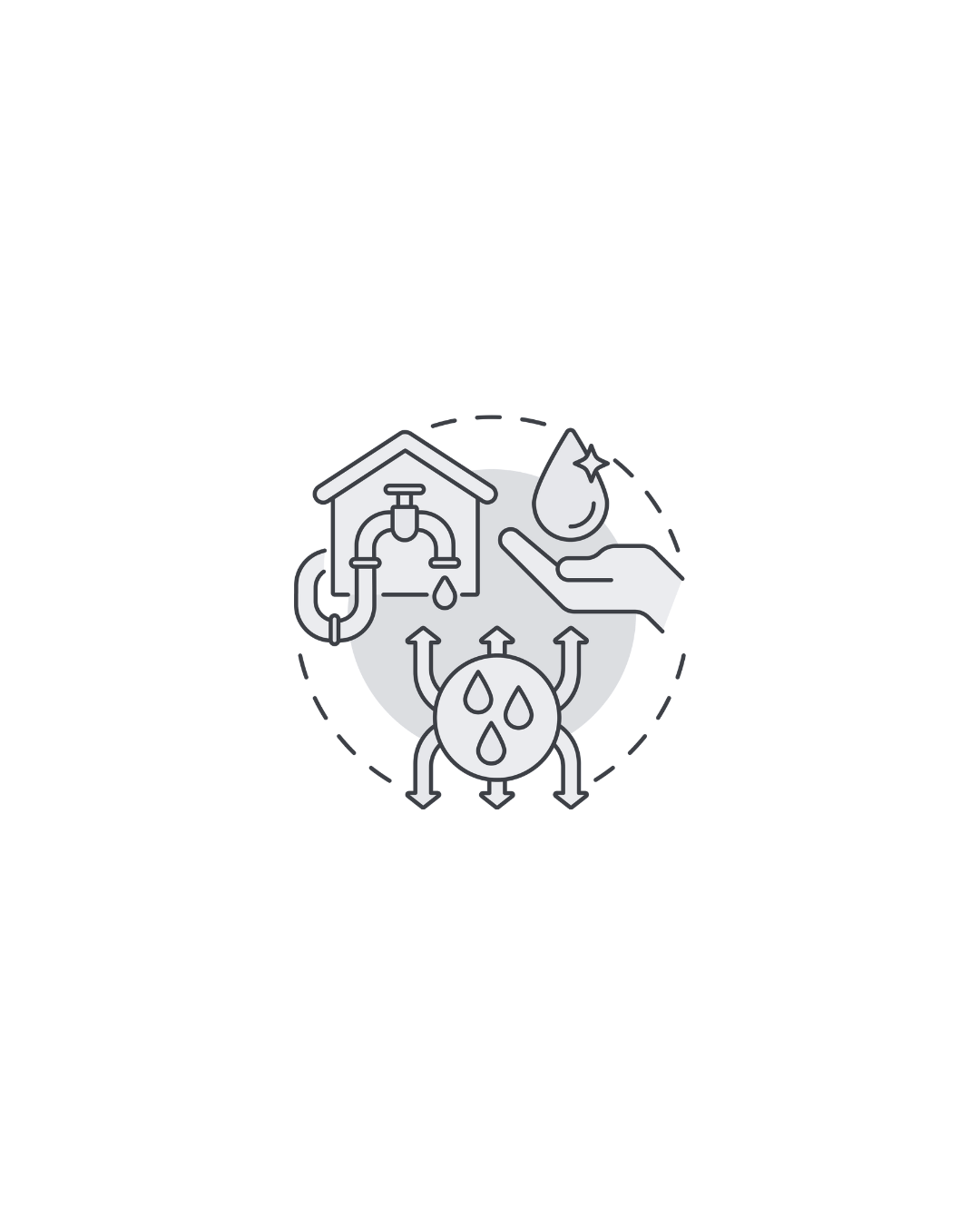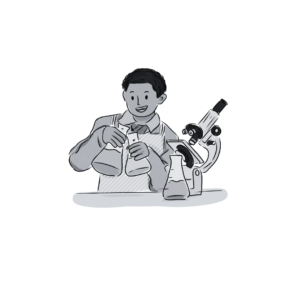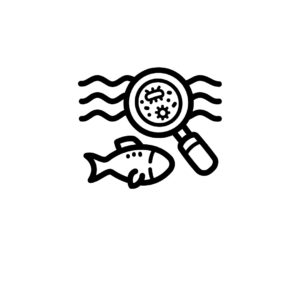Description
A Diploma in Environmental Science is a program designed to provide students with foundational knowledge and practical skills related to environmental issues and sustainability. This diploma can serve as a stepping stone for individuals looking to enter the field of environmental science or enhance their understanding of environmental management and protection.
Curriculum Overview
The curriculum for a Diploma in Environmental Science typically includes both theoretical coursework and hands-on learning experiences. Specific offerings may vary by institution, but common components of the program often include:
Core Components
Introduction to Environmental Science:
An overview of key environmental concepts, the principles of ecology, and the relationship between humans and the environment.
Ecology and Biodiversity:
Study of ecosystems, species interactions, and the importance of biodiversity in maintaining environmental health.
Environmental Chemistry:
Basics of chemical principles as they apply to environmental processes, including pollution and its effects on ecosystems.
Environmental Policy and Regulation:
Examination of environmental laws, regulations, and policies that govern environmental protection and resource management.
Sustainability and Resource Management:
Concepts of sustainable development, natural resource management, and strategies for minimizing environmental impact.
Soil and Water Conservation:
Techniques for managing soil and water resources to enhance conservation efforts and promote sustainable practices.
Waste Management:
Principles and practices related to the management of solid, liquid, and hazardous wastes, focusing on reduction, recycling, and disposal.
Field Studies and Practical Applications:
Opportunities for fieldwork and practical experiences that allow students to apply their knowledge in real-world settings.
Career Opportunities
Graduates with a Diploma in Environmental Science can pursue various career paths in government, non-profit organizations, and private industry, including:
Environmental Technician: Assisting in data collection, monitoring, and analysis of environmental conditions, often supporting environmental scientists and engineers.
Conservation Officer: Working on wildlife conservation efforts, including managing protected areas and enforcing environmental regulations.
Waste Management Coordinator: Overseeing waste disposal and recycling programs, ensuring compliance with environmental standards.
Environmental Educator: Teaching communities about environmental issues and sustainable practices, often through workshops or public outreach programs.
Sustainability Consultant: Advising businesses or organizations on implementing sustainable practices and reducing environmental impact.
Further Education
After completing a Diploma in Environmental Science, graduates may consider pursuing further studies, such as a Bachelor?s degree in Environmental Science, Environmental Studies, or related fields. This can open up additional career opportunities and provide deeper knowledge in specialized areas of environmental science.
If you have any questions about the Diploma in Environmental Science program, potential career paths, or related topics, feel free to ask!









